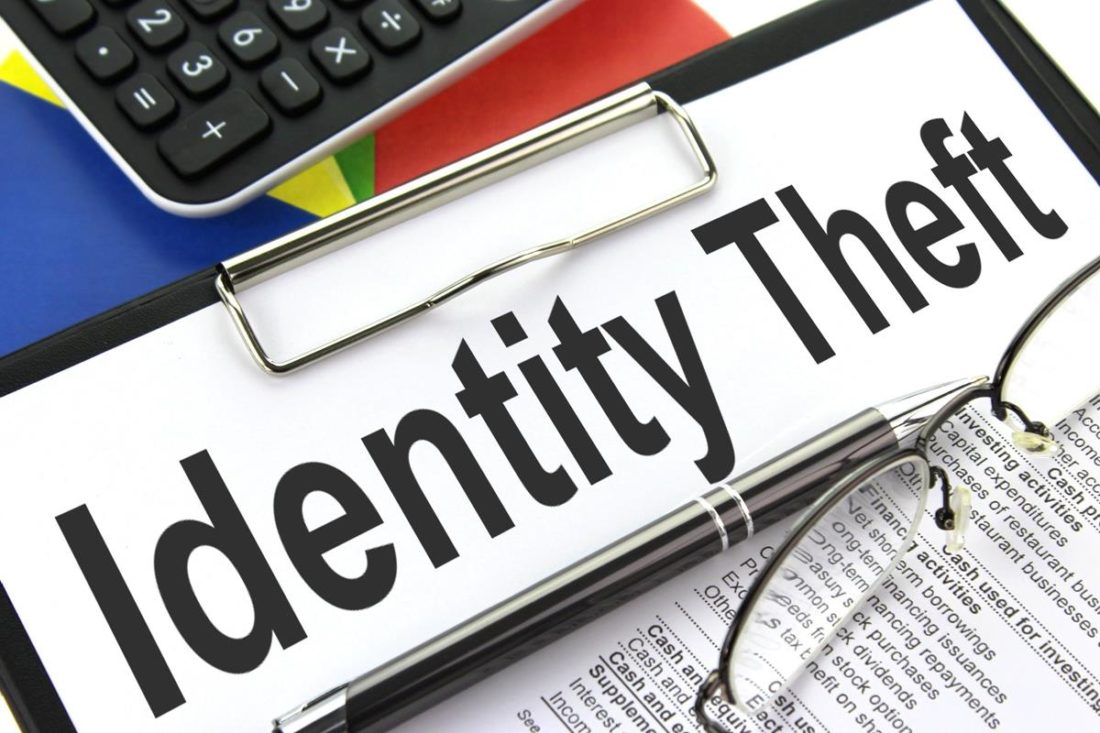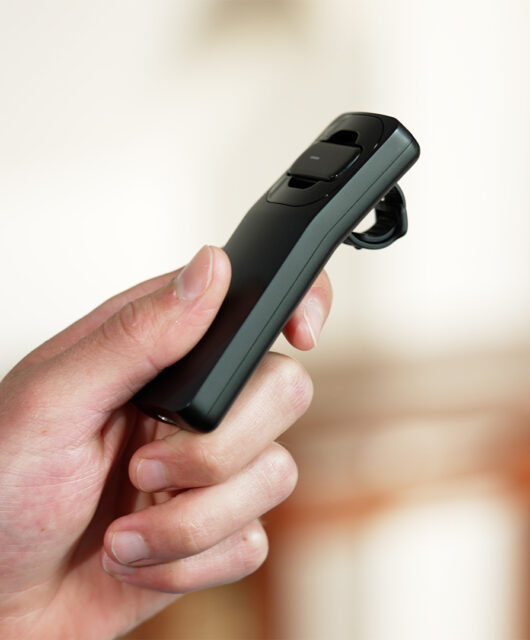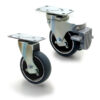8 Ways to Protect Your Identity Online

Identity theft is on everyone’s minds these days following the Equifax data breach that left 143 million consumers vulnerable. Those impacted by this major breach had their social security numbers, driver’s license numbers, birthdates, and other sensitive information leaked to scammers who can pay to use them to upend their lives.
If you were lucky enough to not be affected by the Equifax situation, you should be doing everything you can to reduce your risk of having your identity compromised online. Here are 8 steps you can take to help protect your personal data from getting into the wrong hands.
1. Avoid Falling Prey to Phishing Scams
Phishing scams are designed to trick you into giving away personal data such the passwords to your social media or online banking accounts by sending you emails that look like they are coming from a legitimate source, such as your bank. This is one of the most common ways cyber attackers gain access to your information, but luckily there are many signs that you’ve received this type of message.
The simplest way to avoid falling for a phishing scam is to never open an email from a sender you do not recognize. Instead, Google an email address you don’t recognize to see if it’s actually associated with a legitimate institution. If you do happen to open one of these emails, avoid clicking any links or attachments inside and never enter personal information.
2. Regularly Monitor Your Bank Statements Online
Make an appointment with yourself to check your bank statements online once a week. This way, you’ll be able to spot any fraudulent purchases or suspicious withdrawals soon after they occur and report them to your bank.
Giving your personal email to friends or family members is one thing, giving it out to the millions of potentially vulnerable websites that want to gain access to it is another. With just your email address, a hacker can gain enough personal information to steal your identity and infiltrate all of your other accounts. During the 2013 cyber attack on Yahoo, all 3 billion Yahoo email accounts were compromised and the hackers were able to gain access to the names, birthdates, phone numbers, and passwords of these users through their personal email addresses.
To help keep your data safe, you should avoid giving out your personal email whenever possible. Instead, utilize an online security platform, anonymous email address for you and safeguard your personal information. All emails you receive will still be forwarded directly to your inbox, but without the danger of exposing your personal email address to hackers.
4. Create Multiple, Complex Passwords Across Your Accounts
Do you use one password across all of your online accounts? If so, you’re vastly increasing your risk of having all of your accounts hacked. Even if you have a long, complicated password, it’s not enough to keep your accounts safe if you just use one on multiple platforms. Remembering several complex passwords can be difficult, which is why you should use a secure password manager that can store and enter all of your passwords for you. This not only saves you from having to remember passwords, it also keeps you from having to enter them in public spaces such as a coffee shop or library.
5. Protect Your Devices
No matter how hard you work to protect your data online, nothing will stop thieves from gaining access to your information if they are able to steal your devices. Aside from never leaving your phone, laptop, or tablet unattended in a public space, you should also make sure to enable any additional security features they offer, such as passcodes and fingerprint authentication.
Another way to protect your devices is to think about incorporating secure mobile endpoints, as this can help to ensure that all of your entry points have sufficient protection. This type of protection will be of the utmost importance for both personal and business use, so should be considered where possible. Also, be sure to install anti-virus programs and update your software regularly. Software updates are designed to spot any abnormalities in your system and fix them before they can cause serious damage, which is why it’s important to “accept” them when prompted.
6. Only Shop on Websites You Trust
When shopping online, you should only give out your personal information and credit card number to websites and stores that you know and trust. If you spot an ad for a great deal on an expensive item on a website you’ve never heard of, chances are it’s a phishing site and should be avoided.
7. Use Your Credit Card, Not Your Debit Card
If you need to pay for something online, you should use your credit card instead of your debit card whenever possible. Purchases made on your credit card are more protected under federal law than those made on your debit card, so if your information is compromised you are more likely to get your money back.
8. Freeze Your Accounts
If you suspect that your accounts have been compromised, call your financial institution and have them frozen. While this process can leave you without access to your credit for a period of time, it’s worth the hassle if it prevents hackers from accessing your accounts. Some debit cards even offer you the option to temporarily lock your account, so if you discover that your information wasn’t actually stolen, you’ll be able to easily unlock your card and use it again.
Even if you weren’t a victim of the latest major data breach, that doesn’t guarantee your information is safe online. It’s the responsibility of all online consumers to do everything they can to keep their accounts safe from hackers, so follow these steps to help do your part to protect yourself. If you suspect you have been the victim of identity theft, report it to the proper institutions.










